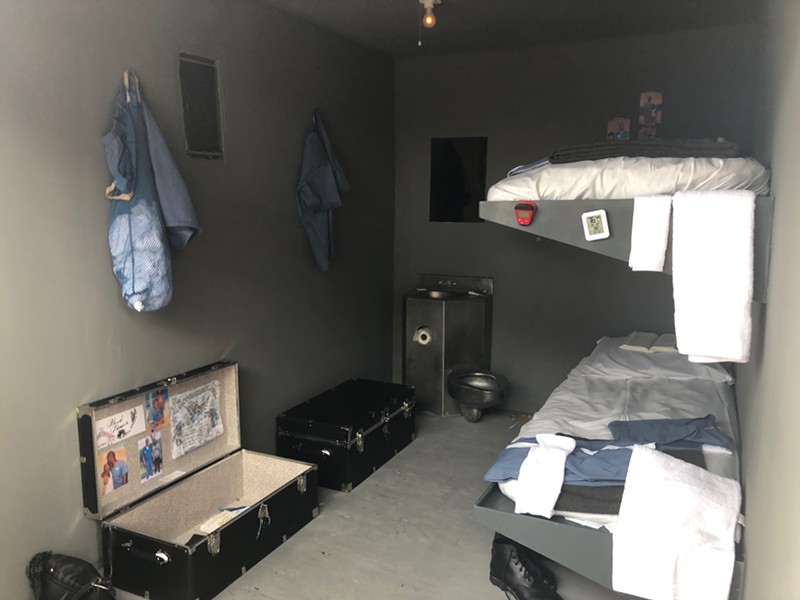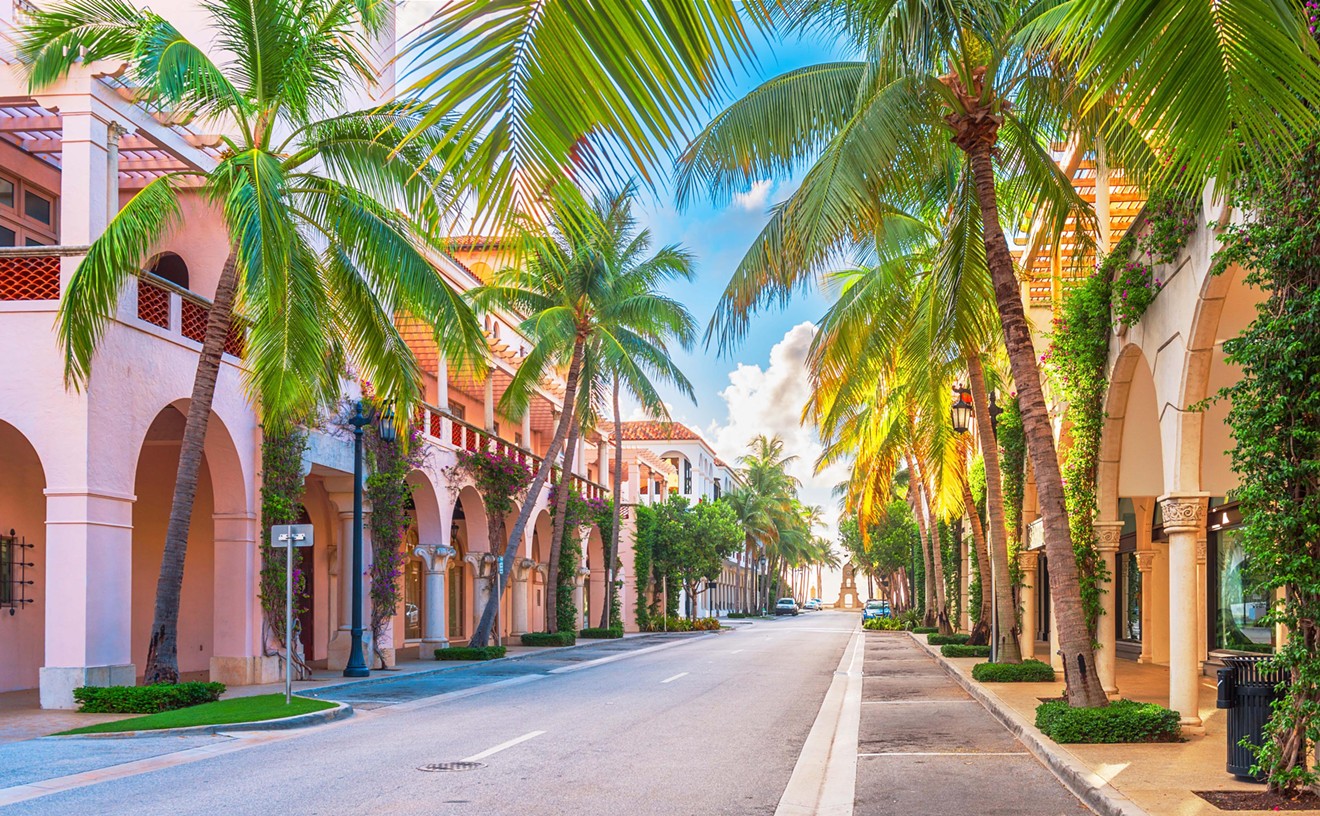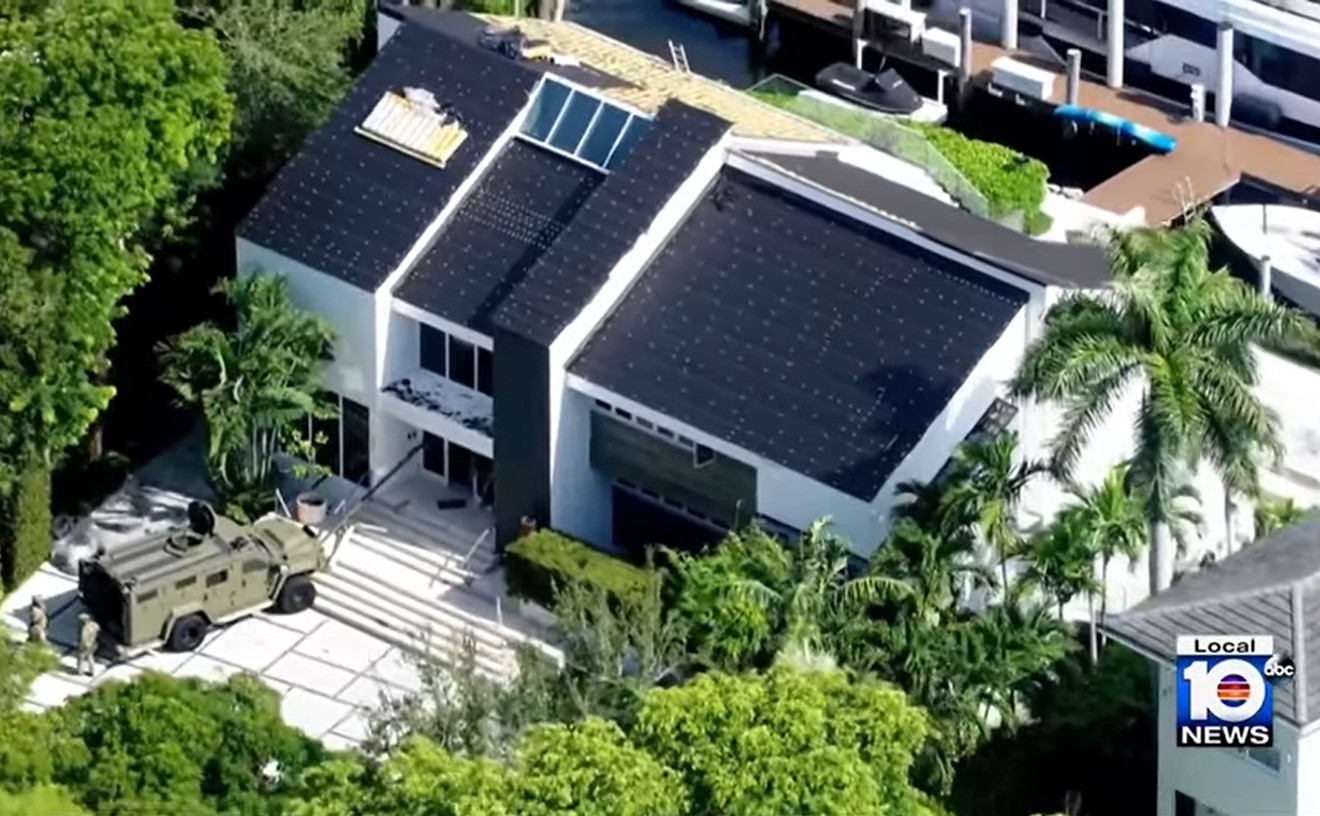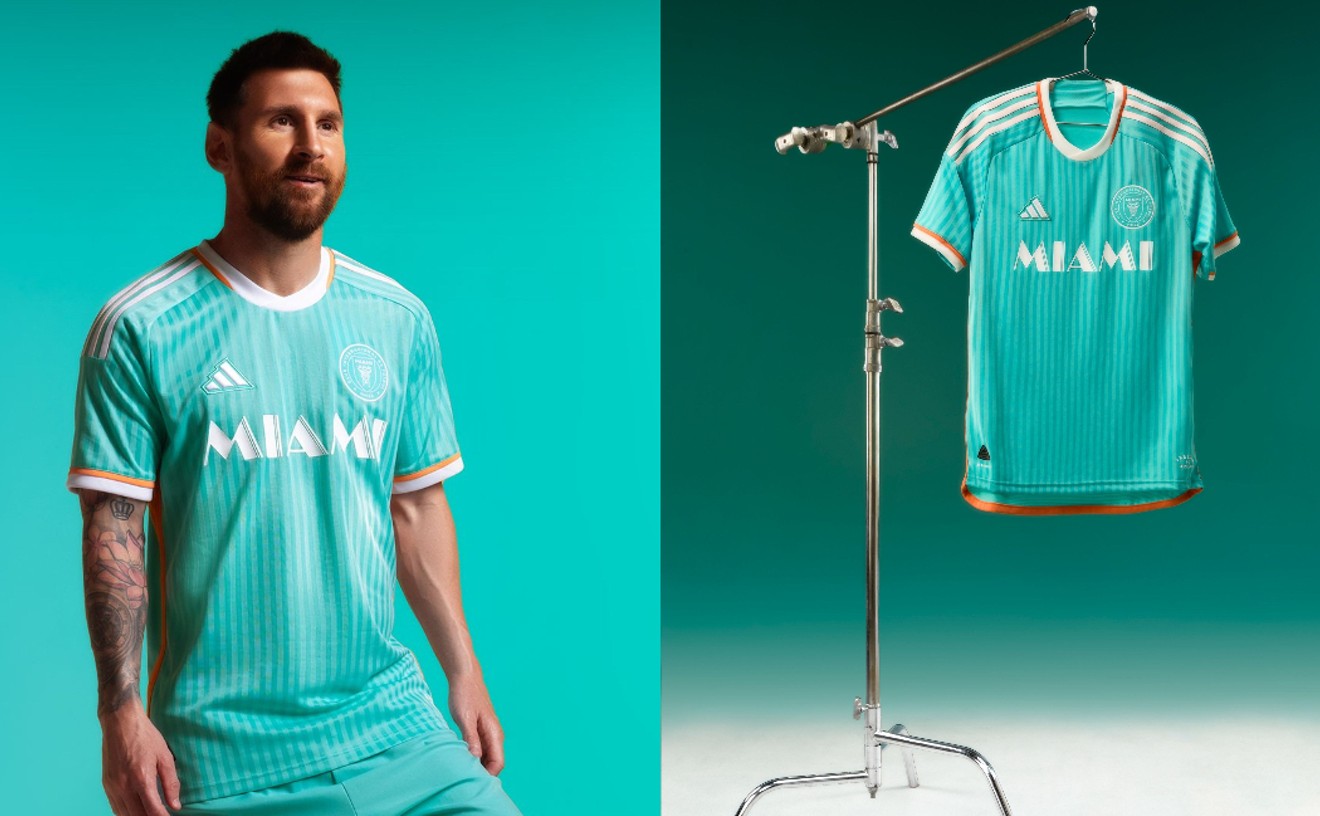Most Florida prisons are more than 40 years old. The state's oldest facility, the Union Correctional Institution located between Gainesville and Jacksonville, was built in 1913.
Across the Sunshine State, the use of air-conditioning did not become widespread until the 1950s and '60s. Therein lies the problem.
The majority of state prisons are not fully air-conditioned, a shortcoming the Florida Department of Corrections (FDC) has attributed to their age. Nevertheless, a 2019 report from the nonprofit Prison Policy Initiative said the lack of AC is tantamount to cruel and unusual punishment or, at worst, a death sentence.
Now, in the middle of the hottest year on record, Florida inmates can finally buy themselves a modicum of relief: After two years of pressure from the advocacy group Florida Cares, the corrections department has begun selling cooling towels, moisture-wicking shirts, and straw hats at the inmate canteen, where prisoners purchase snacks, personal hygiene items, and more.
Florida Cares director Denise Rock tells New Times she began lobbying former FDC Secretary Julie Jones to stock cooling towels and personal fans back in 2018. (The acrylic towels, which are said to work better in low to moderate humidity, cool the body via evaporation when they are soaked in cold water.) When Mark Inch took over the department last year, Rock brought the issue to him as well.
Although her pitch to have personal fans available for purchase never materialized — plugged versions were off the table since there are no electrical outlets in the inmate sleeping areas, while the battery-powered fans that were tested ran of juice too quickly — Rock says she's happy to see her plan finally implemented.
"While it was not as fast as families of the incarcerated wanted nor included personal fans, it's a solid start and we'll take that," she writes in an email to New Times. "I personally enjoy working with Secretary Inch and know together we will figure out a solution to the personal fans."
An FDC spokesperson tells New Times in an email that 18 of Florida's "major institutions" use air-conditioning in most housing areas. But the department's website says FDC has 50 major institutions, meaning about two-thirds of the prisons lack AC in the dorm areas.
The Martin Correctional Institution outside of Stuart is one of those facilities without air-conditioning. A woman named Sonali tells New Times her brother is incarcerated at Martin and suffers in the heat. Inmates left to their own devices have attached garbage bags to the windows to bring in a draft, but it's barely a relief.
"The way the facilities are built, sometimes it's hotter inside than it is outside," Sonali says.
Sonali, who asked New Times not to use her last name in order to protect her brother's identity, shared an email from her brother, who said the lack of AC is particularly hard on people with pre-existing conditions.
"Bottom line, we have guys in here with asthma and heart conditions and who get seizures, and extremely hot and humid conditions aggravates that," he wrote. "ANIMALS are housed in buildings with AC but not people?"
The FDC says every facility has some form of climate control — be it fans, exhaust systems, or AC — and that all ventilation and HVAC systems are compliant with standards set by the American Correctional Association.
The department did not provide information to New Times about how much inmates will have to pay for the new cooling towels, shirts, or hats, and the most recent canteen menu posted online does not include the items.
Sonali says she hopes to find a way to help indigent inmates buy the new products and is looking to start a support group with others who have loved ones inside Martin. She's set up a hotline at 917-960-3431.
Sonali says people like her brother deserve basic human rights, even in prison.
"Literally the right to just not suffer in the heat in the summer," she says. "Losing your liberty should not equal losing your humanity."

Audio By Carbonatix
[
{
"name": "Air - MediumRectangle - Inline Content - Mobile Display Size",
"component": "19274298",
"insertPoint": "2",
"requiredCountToDisplay": "2",
"watchElement": ".fdn-content-body",
"astAdList": [
{
"adType": "rectangle",
"displayTargets": "mobile"
}
]
},{
"name": "Editor Picks",
"component": "17482312",
"insertPoint": "4",
"requiredCountToDisplay": "1",
"watchElement": ".fdn-content-body",
"astAdList": [
{
"adType": "rectangle",
"displayTargets": "desktop|tablet"
},{
"adType": "rectangle",
"displayTargets": "desktop|tablet|mobile"
}
]
},{
"name": "Inline Links",
"component": "18711090",
"insertPoint": "8th",
"startingPoint": 8,
"requiredCountToDisplay": "7",
"maxInsertions": 25
},{
"name": "Air - MediumRectangle - Combo - Inline Content",
"component": "17482310",
"insertPoint": "8th",
"startingPoint": 8,
"requiredCountToDisplay": "7",
"maxInsertions": 25,
"watchElement": ".fdn-content-body",
"astAdList": [
{
"adType": "rectangle",
"displayTargets": "desktop|tablet"
},{
"adType": "rectangle",
"displayTargets": "desktop|tablet|mobile"
}
]
},{
"name": "Inline Links",
"component": "18711090",
"insertPoint": "8th",
"startingPoint": 12,
"requiredCountToDisplay": "11",
"maxInsertions": 25
},{
"name": "Air - Leaderboard Tower - Combo - Inline Content",
"component": "17482313",
"insertPoint": "8th",
"startingPoint": 12,
"requiredCountToDisplay": "12",
"maxInsertions": 25,
"watchElement": ".fdn-content-body",
"astAdList": [
{
"adType": "leaderboardInlineContent",
"displayTargets": "desktop|tablet"
},{
"adType": "tower",
"displayTargets": "mobile"
}
]
}
]












